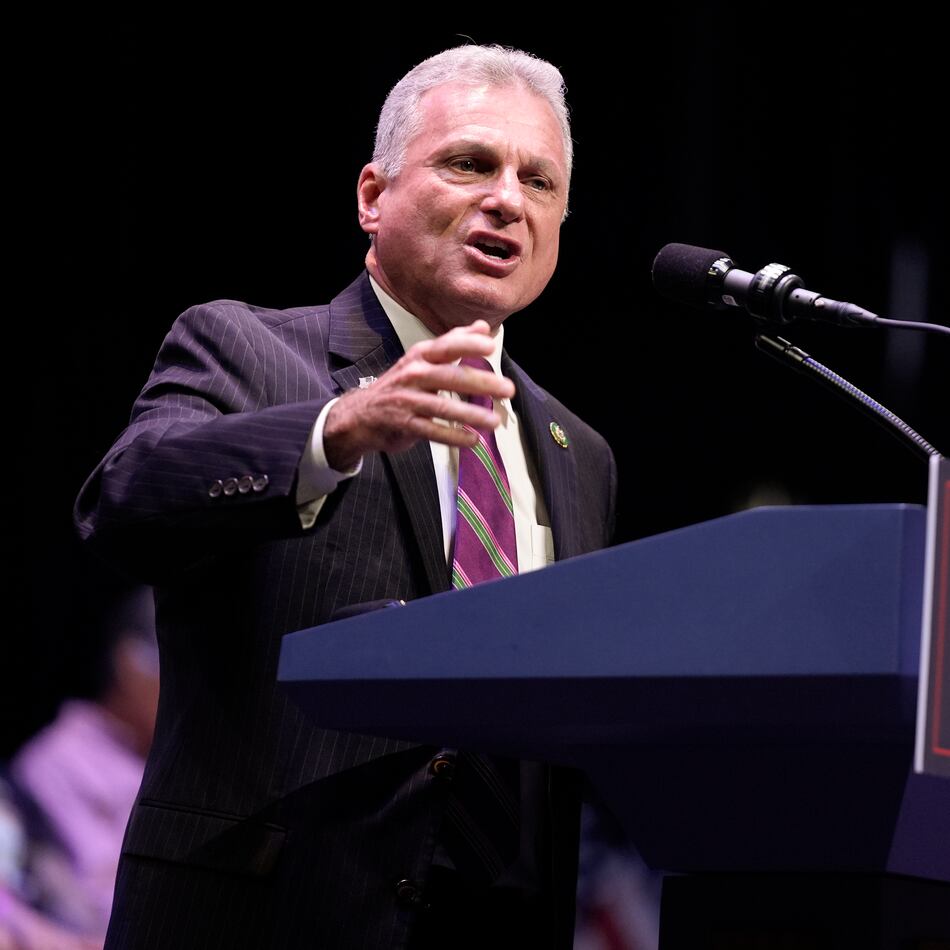On Oct. 12, 1978, President Jimmy Carter signed into law what he felt was the “most important new tool” in ensuring that taxpayer dollars were spent wisely and ethically.
The 39th president was just a year into his term when he penned his name on the Inspector General Act of 1978, which established the first 12 presidentially appointed government watchdogs to investigate mismanagement within major federal bureaucracies.
At an early morning bill signing in the cabinet room at the White House that day, Carter called the legislation an enthusiastic step toward “rooting out the embarrassing aspects of government management — or mismanagement.”
“I think it’s accurate to say that the American people are fed up with the treatment of American tax money,” Carter told reporters.
Carter saw the experimental legislation as a necessary step to build back public trust after the resignation of President Richard Nixon over the Watergate scandal. In a 2018 interview at the Jimmy Carter Presidential Library, Stu Eizenstat, the president’s former chief White House domestic policy adviser, said the measure was a peace offering to the American public.
“For him, Watergate was not simply the break-in and the cover-up. It was the abuse of power, the misuse of the IRS and the CIA against domestic enemies,” Eizenstat said.
The legislation set the tone for the independence of inspectors general and gave them the authority to investigate misconduct and fraud that, before the bill’s signing, had gone unchecked.
“Along comes Jimmy Carter, introducing a model across much of government that — for the first time — allowed an in-depth, independent look in the places where their efforts weren’t necessarily welcome,” said Dave McClintok, with the Association of Inspectors General.
Carter was the first president since George Washington to tackle government misconduct. Washington appointed the country’s first inspector general to keep an eye on the Continental Army.
Credit: TNS
Credit: TNS
After Carter, there were pushes to expand the inspector general role during the administrations of Ronald Reagan, George H.W. Bush, George W. Bush and Barack Obama. Today, there are more than 70 federal-level inspectors general and more than 300 on the state and local levels.
Carter was right in thinking that the legislation would have a major impact on the day-to-day of government, both on a federal and local level. Forty years after Carter signed the bill into law, he and wife Rosalynn thanked government watchdogs across the country for their “remarkable and relentless” efforts.
“The inspector general community has saved the government hundreds of billions of dollars since 1978, ensuring that our taxpayer dollars are spent wisely and according to law,” the former president wrote in a letter.
“The need for accountability, transparency and oversight is as important today as it was on Oct. 12, 1978,” Carter said.
Veteran inspectors general credit the Georgia native for laying the foundation for independent watchdog offices. New York state Inspector General Lucy Lang called the creation an effort to make sure government resources serve all Americans.
“Our government has at its disposal incredible resources generated by the prosperity of our country,” she wrote in a recent opinion piece after Carter’s death. “That kind of power means that our government must work hard continually to earn and keep the public trust. Inspectors General are vital to that process.”
And in Atlanta, as the Mayor Andre Dickens administration is driving an effort to limit the city watchdog’s power, Inspector General Shannon Manigault called Carter’s advocacy for the role one of his greatest accomplishments.
Legislation introduced by Atlanta City Council just a week after the president’s death would give the mayor’s office the power to appoint members to the inspector general’s governing board and removes the word “corruption” from the office’s investigative mission.
“It is screamingly unfortunate that the legislation that is being considered for this city falls so far short of (President Carter’s) ideals,” Manigault said.
About the Author
Keep Reading
The Latest
Featured




